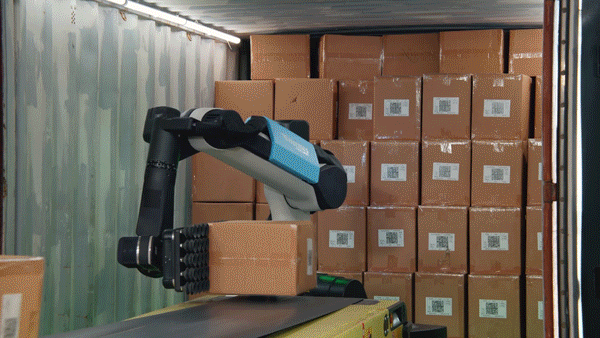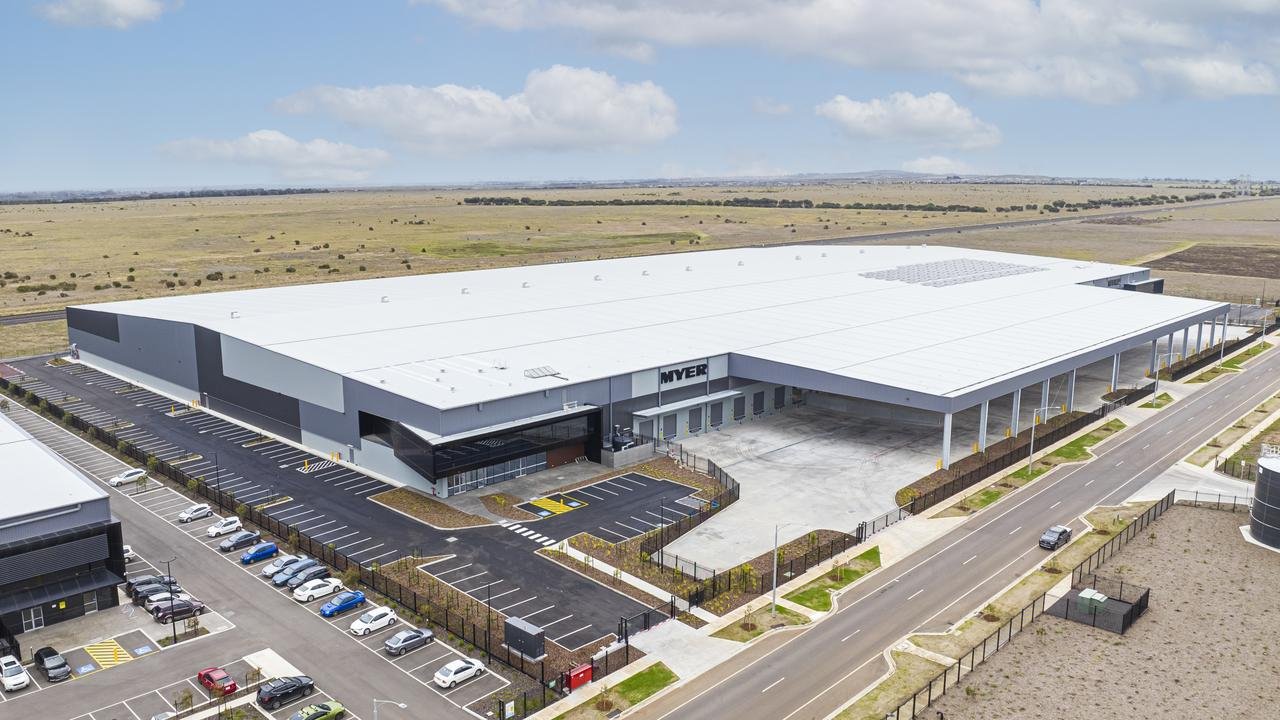Amazon’s Strategic Realignments and Their Impacts in Quebec
Delivery times in Montreal are now far slower than Toronto. Sources say Amazon hasn’t subleased any of its warehouses in Quebec, leaving two million square feet of space unused.
Recent developments reported by Martin Patriquin at The Logic highlight a significant shift in Amazon’s operational strategy in Quebec. This strategic move has led to the mothballing of all Amazon facilities in the province, which has resulted in a noticeable increase in delivery times. This change provides a valuable case study for supply chain executives, illustrating the complex interplay between operational decisions and regional logistics.
Operational Changes in Quebec
Amazon’s decision to mothball its Quebec facilities has left approximately two million square feet of warehouse space unused. The mothballing process involves decommissioning leased facilities as they close, a method that reflects a strategic pivot rather than a temporary adjustment. According to Amazon spokesperson Steve Kelly, this transition is part of a broader plan to optimize the company's logistical operations across Canada.
Impact on Delivery Times
The operational shift has had a tangible impact on delivery times within Quebec. For example, delivery times for Amazon Prime members in Montreal have seen substantial increases. A product that could be delivered the next day in Toronto now takes several days longer in Montreal. This discrepancy highlights a significant shift in Amazon’s service delivery model, from local distribution to a more centralized approach perhaps handled from other provinces.
Real Estate Strategy
Amazon's real estate strategy is an integral part of its operational model. In Quebec, six out of seven Amazon facilities are owned by Broccolini or individuals associated with the construction company, with the seventh owned by Choice Properties Real Estate Investment Trust. These leases, typically 15 years long, reflect a commitment to long-term planning and strategic flexibility. Amazon’s decision not to sublease any of its mothballed facilities suggests a calculated approach to its real estate holdings, possibly retaining these properties for future strategic use despite current non-operation.
Broader Implications for Supply Chain Management
The mothballing of facilities in Quebec is indicative of Amazon’s broader strategy to optimize its operational and logistical frameworks. This decision might reflect a shift towards more centralized or flexible distribution models, potentially influenced by factors such as cost management, labor relations, or technological advancements in logistics.
For supply chain executives, this situation underscores the importance of strategic flexibility and the need to adapt to changing operational landscapes. It also highlights the potential risks and rewards associated with real estate decisions in supply chain management.
Strategic Considerations
While Amazon claims that service levels will remain high, the immediate impact on delivery times suggests challenges in maintaining service quality during transitional periods. The strategic withdrawal from Quebec also raises questions about how companies can balance operational efficiency with customer satisfaction, especially in regions facing unique logistical challenges.
Amazon’s operational realignment in Quebec serves as a compelling case study for supply chain professionals. It highlights the need for agility and strategic planning in corporate strategy, particularly in how geographical and logistical decisions can profoundly affect service quality and efficiency. As companies continue to navigate the complexities of global supply chains, understanding the implications of such strategic decisions becomes crucial for maintaining competitive advantage and ensuring customer satisfaction.































